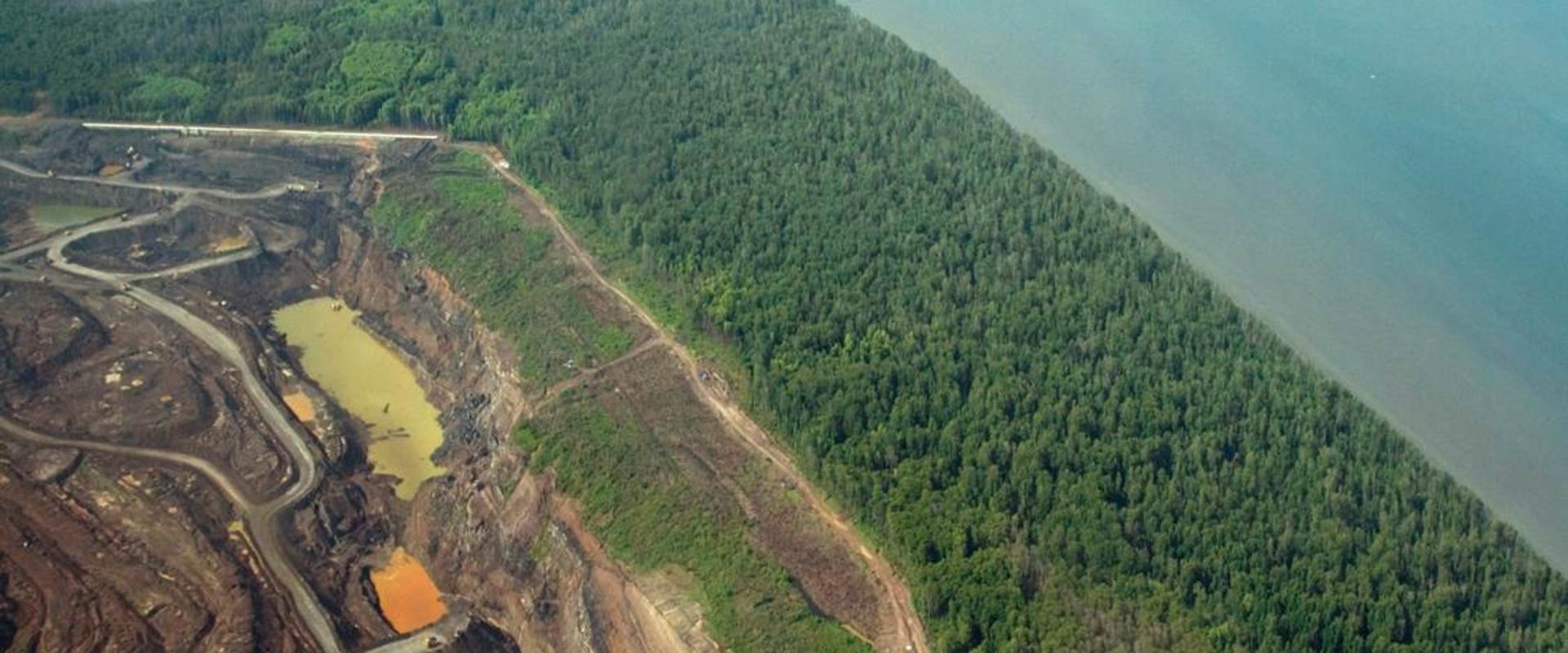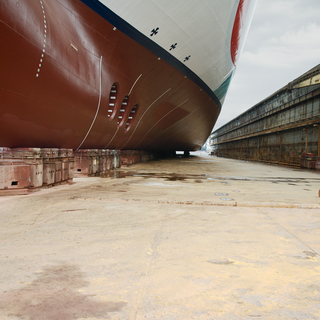The Requirement
BMT delivered a multi-million dollar feasibility study to assess the commercial, technical and environmental viability of the Sebuku mine expansion in Kalimantan, Indonesia. The project would boost production capacity from 2 to 8.5 Mtpa, providing attractive financial returns for the client.
The expansion would involve open cut mining in a stretch of water immediately adjacent to the mine's existing operations, a technique not previously undertaken in Indonesia and attempted only on a few occasions globally. This raised many challenges in regard to retaining and preventing ingress of ocean water into the working pit, as well as existing water management issues within it. BMT’s wealth of experience facilitated the development of viable options that could help turn this ambitious project into a reality.
What We Delivered
The complexities of the project were categorised into three distinct groups: technical, environmental and social/political.
The project saw many aspects of environmental conservation, social consultation and technical evaluation being studied in order to ensure that the project had every chance of progressing to the next level of study. BMT drew upon in-house expertise in:
- Project management;
- Mining and materials handling;
- Environmental and coastal studies;
- Financial and economic evaluations;
- Social and community consultation;
- Politics and governmental negotiations;
- Civil and marine infrastructure.
Outcome and Benefits
BMT completed the majority of the study in-house, enabling greater quality control and cost-effectiveness for the customer.
Upon completion of the study, BMT found that the project was economically viable and should be developed further. The project was delivered successful and met the needs of the client and the project brief.




